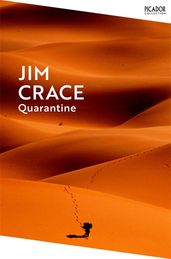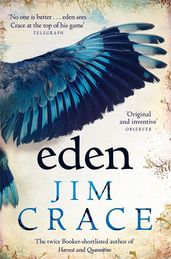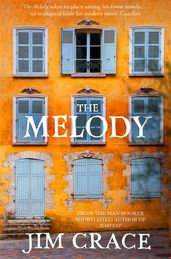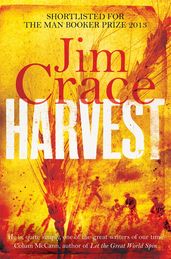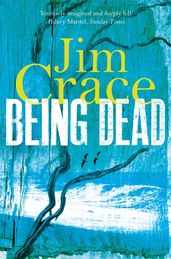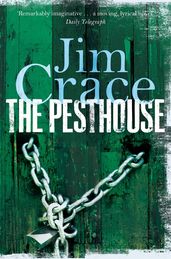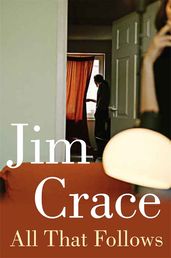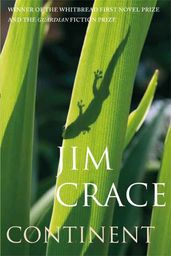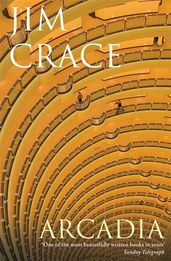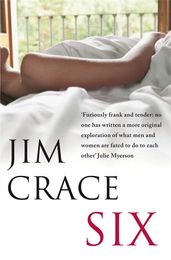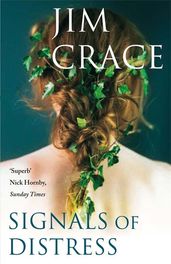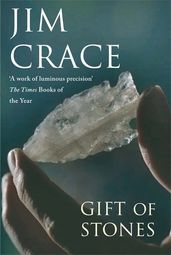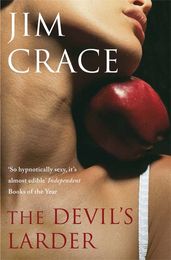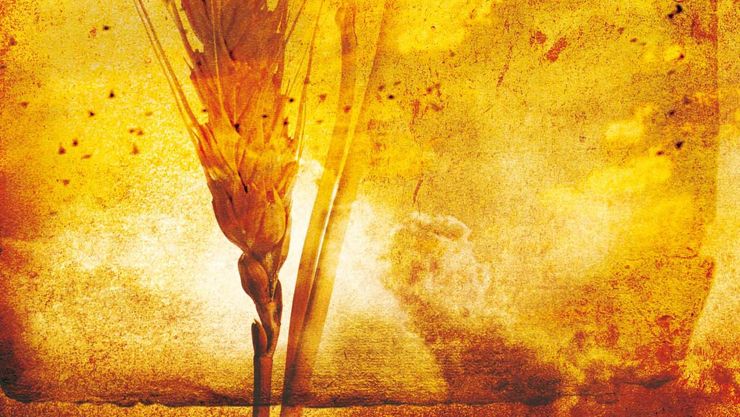Synopsis
The inspiration behind the Major Motion Picture starring Caleb Landry Jones
'Extraordinary' - The Guardian
'Inimitably excellent' - Boyd Tonkin, Independent
As late summer steals in and the final pearls of barley are gleaned, a village comes under threat. A trio of outsiders - two men and a dangerously magnetic woman - arrives on the woodland borders triggering a series of events that will see Walter Thirsk's village unmade in just seven days: the harvest blackened by smoke and fear, cruel punishment meted out to the innocent, and allegations of witchcraft.
But something even darker is at the heart of Walter's story, and he will be the only man left to tell it . . .
‘Terrible, lyrical, beauty that is nothing like any other novel I have ever read' - Spectator
'He is, quite simply, one of the great writers of our time’ - Colum McCann
Winner of the James Tait Black Prize
Winner of the International IMPAC Dublin Literary Award
Shortlisted for the Man Booker Prize
Shortlisted for the Goldsmiths Prize
Shortlisted for the Walter Scott Prize for Historical Fiction
Details
Reviews
'Unfolding in Crace's trademark rhythmic prose and brimming with unsentimental but intense feeling for the natural landscape, this lingering novel is as resonant as it is elusive.' Daily Mail
‘Jim Crace is the most generous of writers. A fabulist, an open heart, an imagination in full flight. There is something of a harvest in every book: the promise, the violence, the fall, the regain. And Harvest is one of his best novels ever. He is, quite simply, one of the great writers of our time.’ Colum McCann, author of Let the Great World Spin
‘Harvest, his latest novel, dramatises one of the great under-told narratives of English history . . . Crace brings his signature combination of atmosphere and exactitude to every aspect of this far-off world . . . the prose is extraordinary: rich yet measured, estranged and familiar, both intimate and austere . . . Harvest can be read in mythical, even biblical terms, but the physical and emotional displacement of individuals and communities at its heart remains as politically resonant today as it was at the time.’ Guardian
‘Crace’s prose - percussive, rhythmic, resonant - is unmistakable.’ Independent on Sunday
Featured in
Harvest | Teaser trailer
